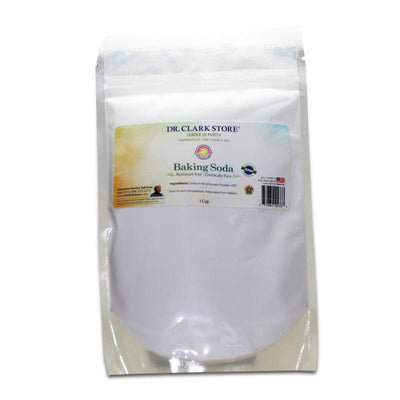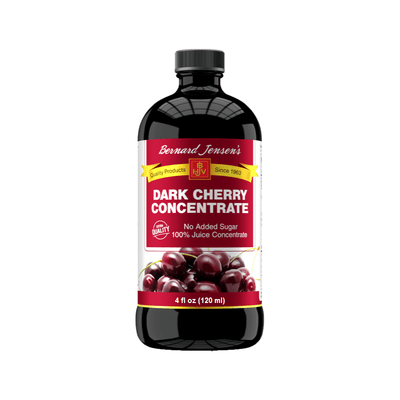The 5 Best Herbal Teas for Gastrointestinal Distress

Herbal teas have long been embraced for their soothing properties and potential health benefits. When it comes to gastrointestinal distress, certain herbal teas stand out for their ability to alleviate symptoms and promote digestive wellness. Let's explore the top five herbal teas that can provide relief for common gastrointestinal issues.
- Peppermint Tea
Peppermint tea is renowned for its calming effects on the digestive system. It contains menthol, which has been shown to help relax the muscles of the digestive tract, reducing spasms and discomfort. Peppermint tea may aid in relieving symptoms such as bloating, gas, and indigestion. Additionally, its refreshing flavor makes it a popular choice for soothing an upset stomach. Studies have found that it additionally has antiviral effects, anti-cancer effects by increasing generation of SOD and glutathione in cell models, and in mice and humnan models has shown digestive improvement, anti-inflamatory, and neuralgia support (1).
- Ginger Tea
Ginger has a long history of use as a natural remedy for various ailments, including digestive issues. Ginger tea is particularly effective in alleviating nausea, vomiting, and indigestion. Its active compounds, such as gingerol, have anti-inflammatory and antioxidant properties that can help reduce inflammation in the gut. Drinking ginger tea can promote healthy digestion and ease gastrointestinal discomfort (2).
- Chamomile Tea
Chamomile tea is well-known for its calming and anti-inflammatory properties, making it beneficial for gastrointestinal issues. It can help relieve abdominal pain, bloating, and cramping associated with conditions like irritable bowel syndrome (IBS). Chamomile tea also has a mild sedative effect, which can aid in reducing stress and promoting relaxation, further supporting digestive health. Studies have found that it can attenuate COX-2 activity while not effecting COX-1. Research has also found significant anti-tumor activities accross several human cancer cell lines (3).
- Licorice Root Tea
Licorice root has been used in traditional medicine to support digestive health. Licorice root tea contains compounds that have been found to help reduce inflammation in the stomach lining and promote the healing of ulcers. It can also aid in relieving heartburn, acid reflux, and indigestion. However, it's essential to consume licorice root tea in moderation due to its potency (4).
- Fennel Tea
Fennel tea is valued for its carminative properties, which can help relieve gas, bloating, and abdominal discomfort. Fennel seeds contain compounds that relax the muscles in the gastrointestinal tract, easing digestion and reducing symptoms of indigestion. Additionally, fennel tea has a pleasant, slightly sweet flavor that makes it an enjoyable beverage to sip on after meals (5).
Incorporating these herbal teas into your daily routine can provide natural relief for gastrointestinal distress while promoting overall digestive wellness. However, it's important to consult with a healthcare provider before introducing herbal teas into your regimen, especially if you have existing medical conditions or are pregnant or nursing.
Embrace the healing power of herbal teas and discover a gentle yet effective way to support your digestive health naturally. Treat yourself to a warm cup of one of these soothing herbal infusions and experience the comforting benefits they offer for gastrointestinal and overall well-being.




Leave a comment